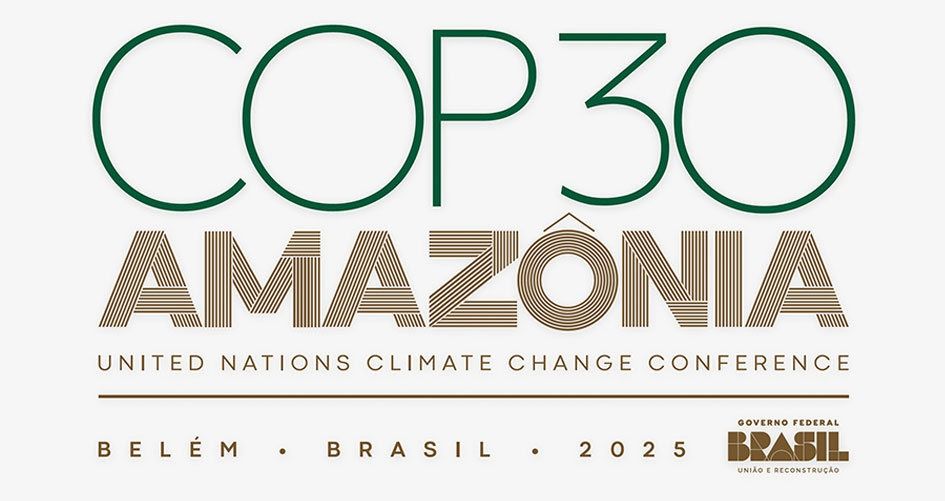COP30, the UN climate summit, is taking place in Belém, Brazil, from 10–21 November, bringing together delegates from nearly 200 countries at the heart of the Amazon rainforest. This year’s conference is being billed as the “COP of truth,” with a clear focus on moving from promises to real progress. Discussions centre on climate adaptation, updated national commitments, and mobilising an estimated $1.3 trillion annually in climate finance
What is COP30?
COP stands for “Conference of the Parties,” the decision-making body created after countries signed the United Nations Framework Convention on Climate Change (UNFCCC) in 1992. Since then, almost all nations have met nearly every year to assess progress, negotiate new agreements and determine how to tackle the escalating impacts of climate change.

What to Expect in 2025
This year, countries will face growing pressure to close the global emissions gap, as current climate plans still put the world on track for more than 2°C of warming. Climate finance more broadly will take centre stage, including a proposed roadmap to mobilise 1.3 trillion dollars annually for low- and middle-income countries.
Delegates will also focus on innovative, locally driven climate solutions, such as sustainable cooling systems and new approaches to protecting tropical forests. A just transition will be another major topic, with negotiators working on the proposed Belém Action Mechanism to support job creation, skills development and community stability.
Controversies and Challenges
Hosting COP30 in Belém has sparked debate, especially among Amazon residents who have long warned about deforestation and climate impacts. Tensions rose further as Brazil continued approving new oil and gas licenses, seen by many as conflicting with its environmental commitments. Protests erupted during the summit, with demonstrators carrying signs like “Our forests are not for sale.”
Adding to the controversy, more than 1,600 fossil fuel lobbyists (about one in every 25 attendees) are present, which is the highest proportion ever recorded, raising concerns about corporate influence on negotiations, even as the urgency of climate change deepens.
Why It Matters

